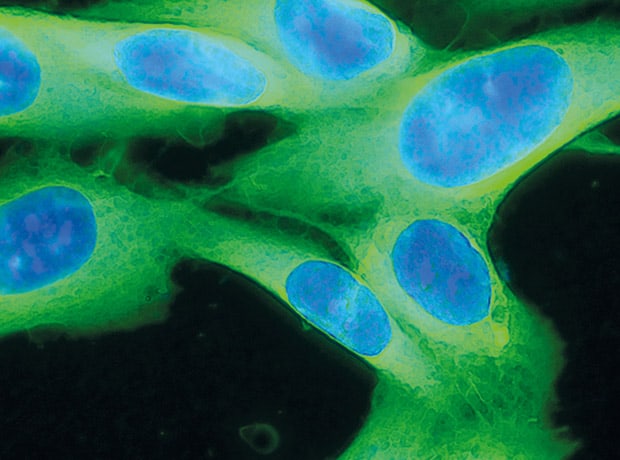Colorectal cancer is the most common cancer diagnosed in both men and women.
Researchers at University College London (UCL) have discovered that a common blood test could be used to speed up and improve early cancer diagnosis in patients. ProsMedicine.
The researchers analysed data from the Clinical Practice Research Datalink, collected between 2007 and 2016, of more than 400,000 people aged 30 and over in the UK who visited their GP with abdominal pain, and more than 50,000 people who visited their GP with abdominal bloating, of which two-thirds had blood tests after the appointment.
The team found that abnormal results from 19 commonly used blood tests were associated with a higher risk of being diagnosed with cancer within a year — meaning that one in 50 people who visited their GP with stomach pain as well as bloating were diagnosed with cancer within 12 months.
The researchers estimated that taking this into account would result in a 16% increase in the number of people with undiagnosed cancer receiving urgent referrals, compared with assessment based on symptoms, age and sex.
Furthermore, the risk of cancer was estimated to be 3.1% for men and women in their 60s and 8.6% and 6.1% for men and women in their 80s, respectively, whereas in people aged 30 to 59 years who complained of abdominal pain or bloating, anemia, decreased albumin, thrombocytosis, abnormal ferritin, and increased inflammatory markers strongly predicted the risk of undiagnosed cancer, although only thrombocytosis and anemia are currently included in the cancer referral guidelines.
Furthermore, the type of cancer identified as the most common in both men and women with these conditions is bowel cancer, the fourth most common cancer in the UK, affecting approximately 268,000 people.
Lead author Dr Meena Rafiq, from the School of Behavioural Sciences and Health at University College London, said: “Our study suggests that cancer detection could be improved with an already available blood test. This could be an efficient and affordable way to improve early cancer diagnosis and potentially increase the success of treatment.”







